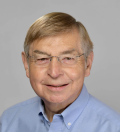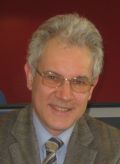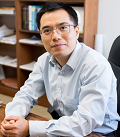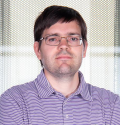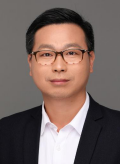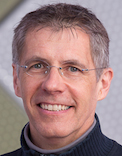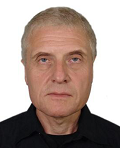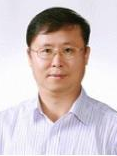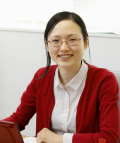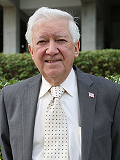
Roger M. Leblanc received his B. S. in chemistry in 1964 from Université Laval, Canada, and Ph. D. in physical chemistry in1968 from the same university. From 1968 to 1970, he was a postdoctoral fellow in the laboratory of Prof. George Porter, FRS, in Davy Faraday Research Lab, the Royal Institution of Great Britain. He was a professor from 1970 to 1993 at Department of Chemistry and Biology in Université du Québec à Trois Rivières, Canada. During this period, he was Chair from 1971 to 1975 at the same department, and Director from 1981 to 1991 at Photobiophysics Research Center. In 1994, he moved to University of Miami, where he has been a professor at Department of Chemistry since then. At University of Miami, he was Chair of Department of Chemistry from 1994 to 2002, and he is reappointed as Chair from 2013 to present. He is also Professor (Second Appointment) of the Department of Dermatology and Cutaneous Surgery, Miller School of Medicine, University of Miami (Miami, Florida, USA) and Department of Physics, University of Miami (Coral Gables, Florida, USA). In addition, he is Senior Fellow of the University of Miami Center on Aging (COA) (Coral Gables, Florida, USA).
